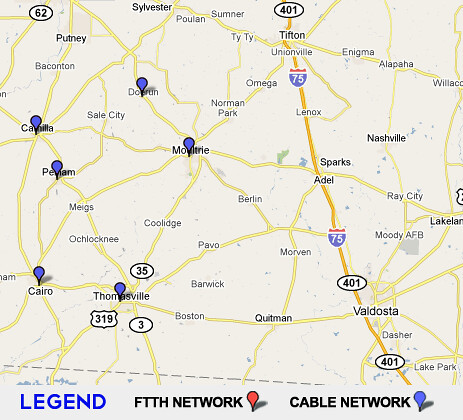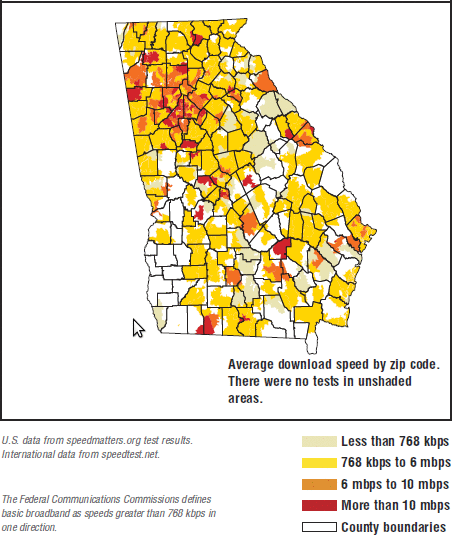I think of Georgia Power more as like IBM when minicomputers came out. IBM built bigger mainframes. The Internet started to spread, and IBM pushed its own proprietary SNA network. (Remember SNA? I didn’t think so.) Then PCs came out, and IBM layoffs started….
Glenn Carroll wrote for Georgia Wand today, Georgia Power Stuck in a Nuclear Jam,
Everybody except for Georgia is jumping on the wind and solar bandwagon, but Georgia Power is side-lined in a nuclear jam like a horse-buggy manufacturer at the dawning of the Ford assembly line.
The white area on that map is for states that have no standards or goals for renewable energy.
Remember Georgia Power is the biggest part of its parent, The Southern Company, and the nuclear units at Plant Vogtle (operating and planned) are actually owned by another offshoot of The Southern Company. According to Southern Company’s webpage, Megawatts and Markets,
Southern Company regulated regional electric utilities serve a 120,000-square-mile territory in Alabama, Florida, Georgia, and Mississippi. Our competitive generation business extends to markets in six southeastern states.
It’s interesting how similar the Southern Company’s markets are to the states in that white southeast no-renewable-energy-portfolio area!
-jsq















